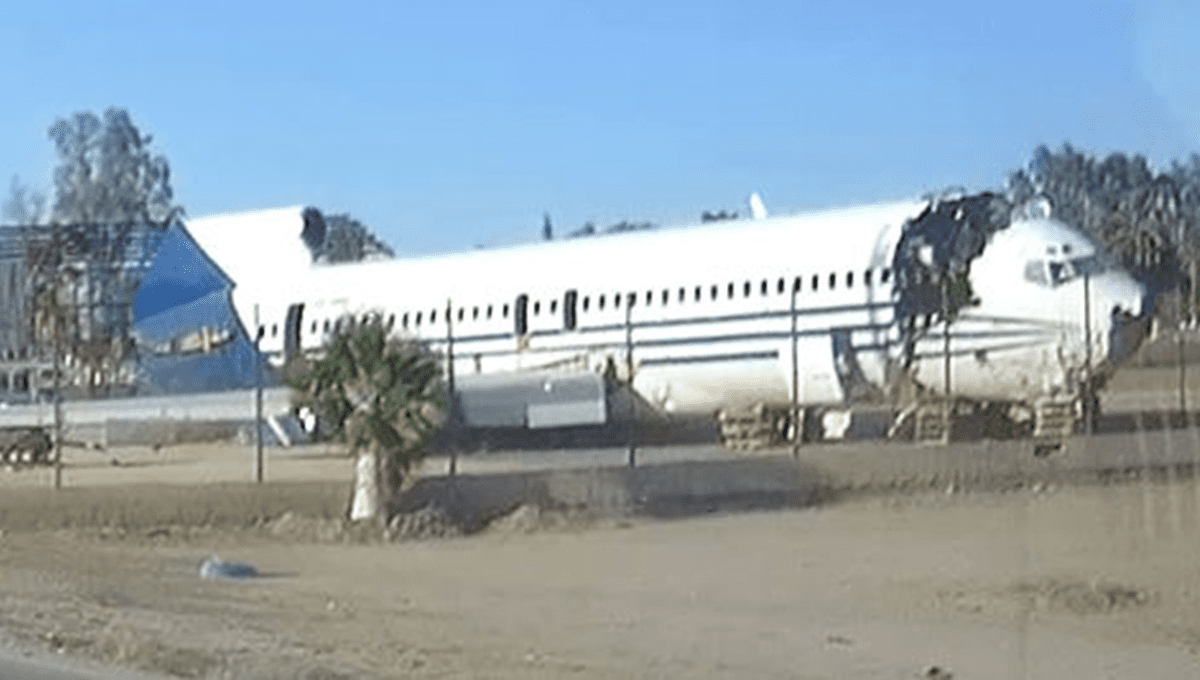
In 2012, TV producers bought a Boeing 727 with the intention of smashing it into the ground. The collaboration between the UK, the US, and Germany televised the results of the experiment, which would attempt to answer the question: where should I sit on an aircraft if I want to survive a crash?
The plane – filled with scientific measurement equipment, crash test dummies, and cameras – took off under the control of a pilot, before he jumped out of the plane, leaving it to be piloted remotely. The whole thing went smoothly, by which we mean the plane smashed into the ground, a dried-up lake bed in Mexico, at 225 kilometers per hour (140 miles per hour).
No injuries to humans were recorded, though the crash test dummies went through quite an ordeal.
Scientists looking through the data and aftermath found a number of things, including that nobody in first class would survive. Passengers towards the front of the plane – up to row seven – would not have survived the impact, while passengers sat in the middle of the plane would suffer from broken ankles. Towards the back of the plane, you could leave with no or small injuries.
The experiment, which saw scientists pore over the data, found more support for the brace position. Dummies that embraced the brace position fared better than those sat upright, who ended up with severe stress on their back.
“Between the lower-spine issue and the vulnerability of sitting upright and having debris flying around, I think the brace position is still the way to go to prevent injuries,” Cindy Bir, a professor of biomedical engineering at Wayne State University, who was involved in the experiment, told USA Today at the time.
The documentary and scientists all stressed the safety of air travel, which (as everyone knows) is statistically safer than traveling by road.
“In terms of relative safety, my view is that the front of the aircraft is more vulnerable,” Anne Evans, a former flight crash investigator at United Kingdom’s Air Accidents Investigation Branch, told USA Today. “My favored location would be the middle, over the wing, or the rear of the fuselage.”
Source Link: An Experiment Crashed A Boeing 727 To See Which Seats Are Best For Survival